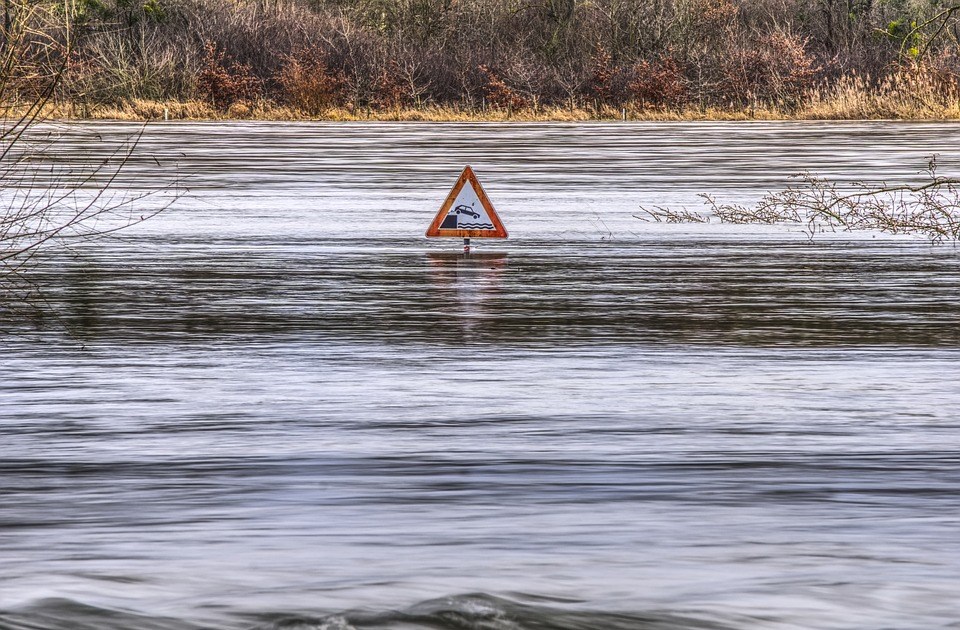The May long weekend is a great time to travel and visit friends and family, but with flooding in some areas the provincial government is asking residents and visitors to plan their destinations and travel routes carefully.
Many areas — including regions experiencing flooding — are still open and ready to receive visitors, but travellers should plan ahead and know before they go. The 2018 spring flooding season has progressed aggressively due to melting snow pack compounded by heavy rainfall and warm weather. These conditions have triggered flood warnings and evacuations, with an estimated 4,500 people already forced from their homes across B.C. And forecasts are now calling for possible flooding for communities along the lower Fraser River, spanning from Hope to Vancouver. At the same time, the fire danger rating in other areas of the province is starting to increase.
For updated information on flood-affected areas and tips to help plan your weekend, please visit emergencyinfobc.gov.bc.ca.
Staying safe around flood waters
- Assume that all surface water (lakes, rivers, ditches, etc.) is naturally contaminated during a flood. Check with the local health authority or First Nations Health Authority for current drinking water advisories.
- Never drive or walk through flooded streets. Water can be deeper than it appears and levels can rise very quickly.
- Keep clear of eroded banks, as they may unstable and keep children and pets away from stream banks.
- Stay alert for changing conditions, particularly if you are in low-lying areas or near waterways.
- Listen to local officials and follow their instructions if asked to evacuate.
Highway and road closures
- Plan your travel routes ahead of time — some provincial routes may be affected by floods, while others may be busier than usual due to higher volume of long-weekend travellers or if being used for evacuation.
- People who must travel should make sure that someone knows their plans, including routes and timing in case they experience difficulties while in transit.
- Pack extra food and bottled water for yourselves and your pets and allow for plenty of extra time.
- Drive safely, slow down and obey traffic control.
- For the most up-to-date traffic information check drivebc.ca or @DriveBC on Twitter.
Wild fires
Despite the flooding occurring in some parts of B.C., forests, grass and other types of vegetation are drying out quickly in other areas. Between April 1 and May 16, B.C. Wildfire Service had already responded to 134 wildfires.
- Remember that campfires must not be larger than 0.5 metres high or 0.5 metres wide. Never light a campfire or keep it burning in windy conditions. Weather can change quickly and wind may carry embers to other combustible material.
- Maintain a fireguard around the campfire. This is a fuel-free area where all flammable materials (grass, kindling, etc.) have been removed right down to the soil.
- Never leave a campfire unattended.
- Have a shovel or at least eight litres of water available to properly extinguish your campfire. Make sure that the ashes are cold to the touch before leaving the area for any length of time.
- Anyone lighting a campfire is legally responsible for making sure it doesn't escape and could be held accountable for damages and fire suppression costs if their negligence results in a wildfire. Anyone found in contravention of an open burning prohibition may be issued a violation ticket for $1,150, be required to pay an administrative penalty of $10,000 or, if convicted in court, fined up to $100,000 and/or sentenced to one year in jail.
- Anyone riding an all-terrain vehicle or dirt bike must have a spark arrestor installed on the vehicle. Check the condition of the muffler, stay on dirt paths and avoid tall grass and weeds to reduce wildfire risks.
- Smokers must dispose of cigarette butts and other smoking material responsibly, making sure that these materials are completely extinguished.
To report a wildfire, unattended campfire or open burning violation, call 1-800-663-5555 toll-free or *5555 on a cellphone. To report suspicious activities, environmental damage or a natural resource violation, call 1-877-952-RAPP (7277) or *7277 on a cellphone.



